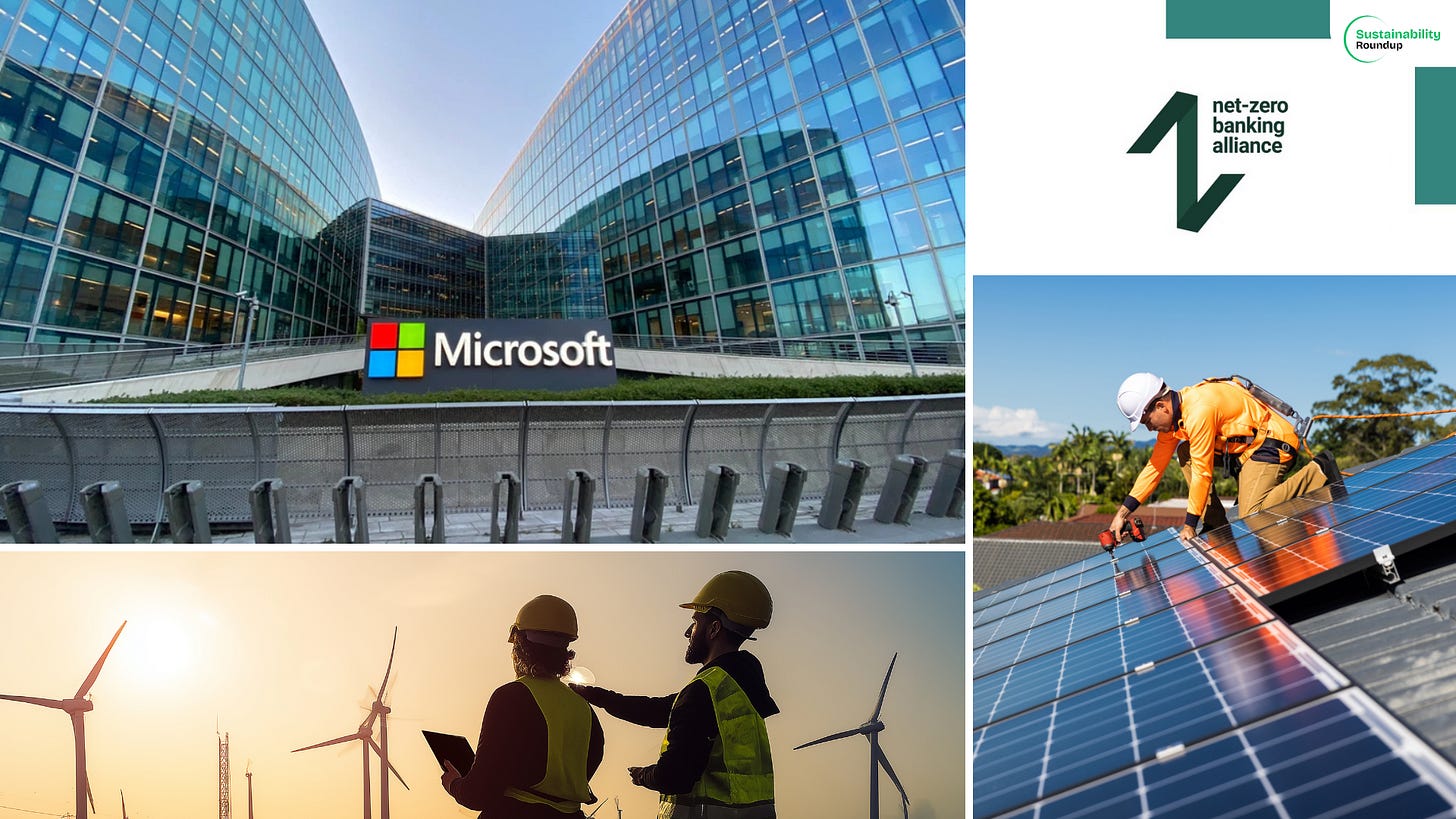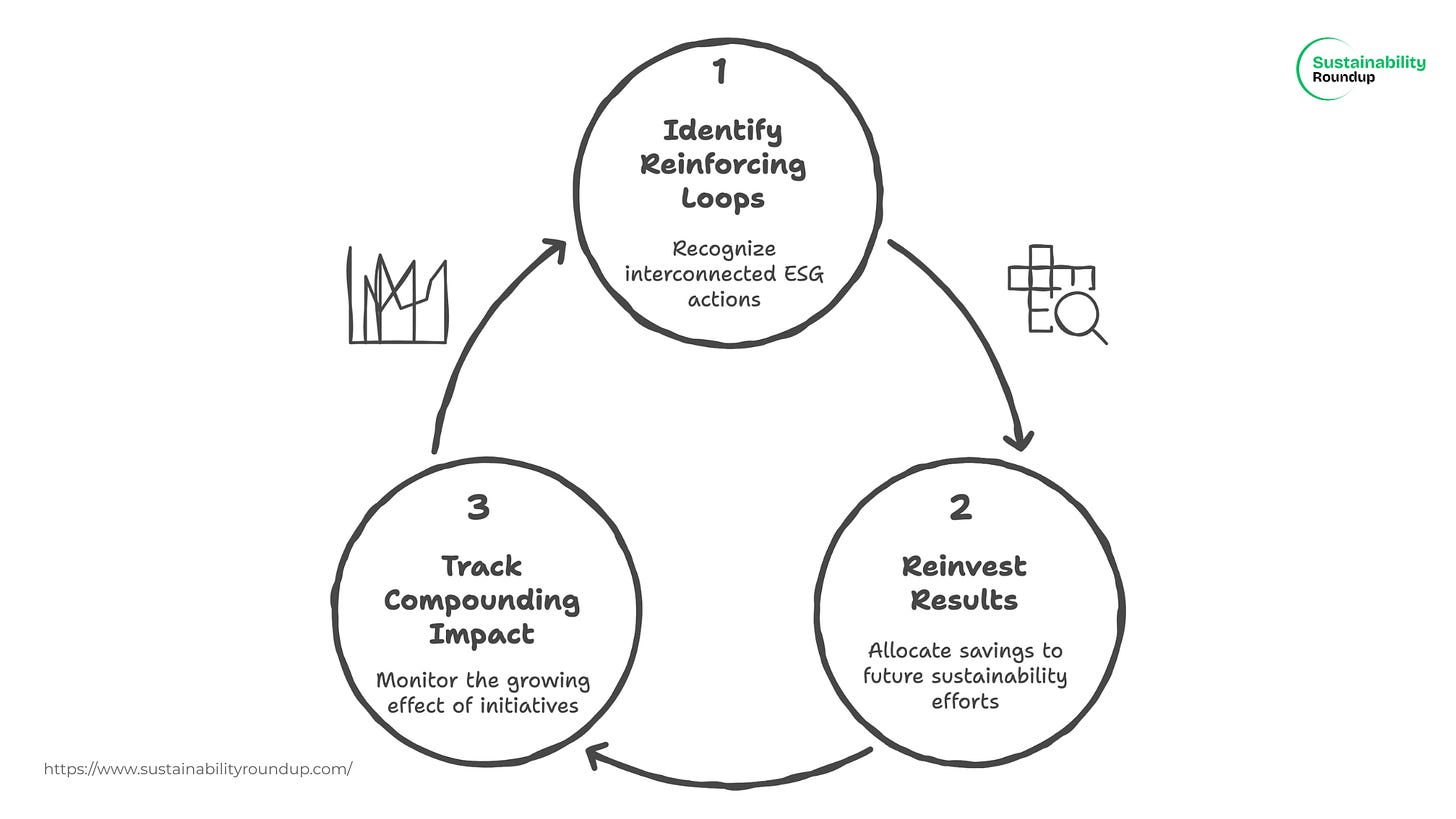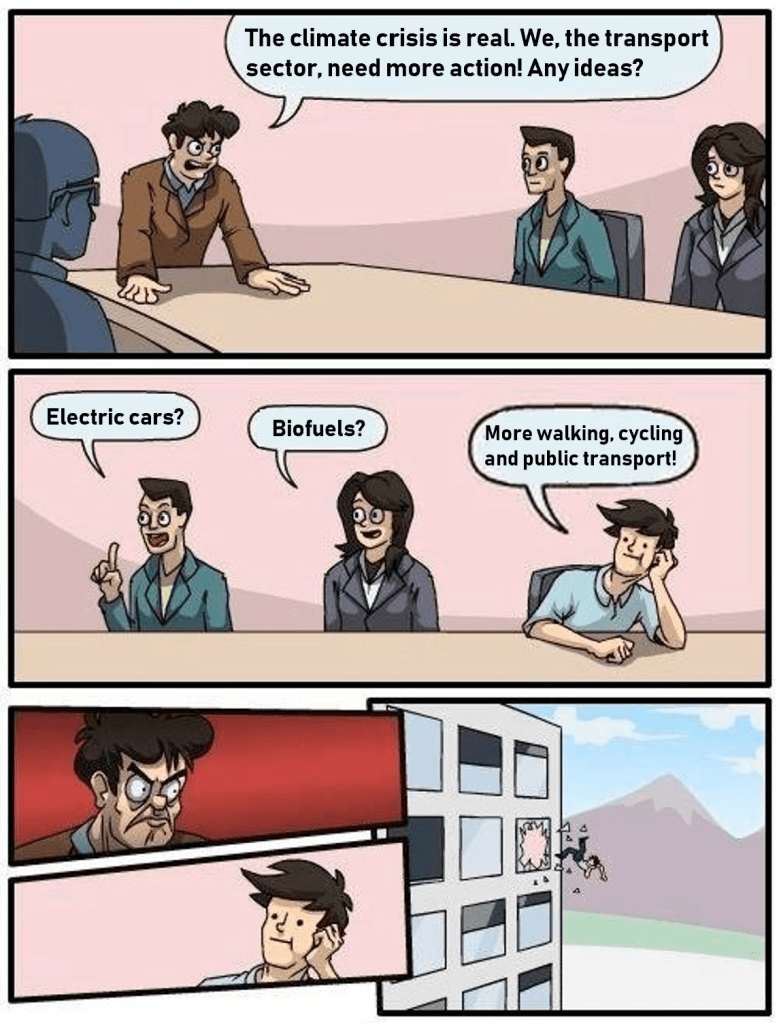Renewables Surpass Coal Energy ⚡
Issue #11 of Top Picks in Strategy and Sustainability.
Welcome to this week’s Sustainability Roundup! 🌍
Renewable energy led by solar and wind is set to surpass coal as the world’s top power source. This milestone marks a strategic shift toward a low-carbon future while presenting challenges in grid stability and regional equity. From the collapse of global banking alliances to tech giants expanding renewable investments, stay informed on key developments shaping sustainable strategies. Let’s explore the critical trends driving change and opportunity. ⚡💡
1. Renewables set to overtake coal as world’s largest power source.🔋
Global electricity generation is on the cusp of a major shift, with renewable sources primarily solar and wind expected to surpass coal as the world’s largest source of electricity. This surge is driven by accelerated clean energy adoption amid the ongoing energy crisis, with the International Energy Agency forecasting renewable capacity to expand faster than expected over the next five years. While the transition marks a critical milestone for decarbonization, challenges remain in ensuring grid stability and managing regional disparities in renewable infrastructure.
2. Net-Zero Banking Alliance dissolves after members mass exit. 🏦
The Net-Zero Banking Alliance has formally disbanded following the exit of several key members, ending the world’s largest voluntary climate coalition for banks. While the closure forces banks to take direct responsibility for decarbonizing their portfolios, it also exposes a critical weakness in voluntary frameworks: without collective oversight or enforceable standards, commitments risk becoming symbolic, progress may fragment, and claims of climate credibility could lose impact.
3. Microsoft buys another 100 MW of solar capacity in Japan.📊
Microsoft has signed a 20-year power purchase agreement with Japan’s Shizen Energy to secure 100 MW of solar capacity across four projects, one operational and three under construction. The move strengthens Microsoft’s local energy footprint, pairing data center expansion with renewable assets to mitigate grid volatility and emissions risk. However, it also raises a critical question: can hyperscalers sustain net-zero claims if energy demand grows faster than renewables can scale?
The Flywheel Concept, introduced by Jim Collins, captures how organizations achieve lasting momentum by aligning reinforcing activities that build upon one another. Applied to sustainability, the flywheel transforms fragmented ESG efforts into a cohesive system of value creation. 🌀
Managers can apply the flywheel by:
Identify reinforcing loops - Find areas where sustainability actions fuel each other. For example, improving energy efficiency cuts costs, which can then fund further green investments. 🔄
Reinvest results - Channel the savings or gains from sustainability wins into building long-term capabilities like clean technology or supply chain resilience. 📝
Track compounding impact - Continuously measure how one initiative strengthens another, ensuring the overall system gains momentum over time.📊
Amazon has long applied the Flywheel model using feedback loops between innovation, efficiency, and customer value to drive continuous growth. AWS’s work with Stellantis shows how these reinforcing cycles can equally accelerate digital transformation and sustainability outcomes. Read more. 🌐
Indonesia’s tofu industry exposes a global hypocrisy. Villagers burn imported plastic from the US and EU to cook a staple food, contaminating it with microplastics. Factories exploit labor and poison communities, revealing systemic supply chain failures. This is not an isolated problem, it is a moral and strategic crisis.🍲🔥
Companies and governments are not merely negligent - they continue to enable practices that shift environmental and social costs elsewhere for economic gain. Genuine accountability requires confronting these externalized impacts, taking responsibility for consumption patterns, and reforming the systems that sustain exploitation.🚫♻️
Last poll suggests most expect CBAM to overthrow decarbonization, yet notable concerns persist about trade tensions, fairness, and overall impact, indicating support but lingering uncertainty over its effects. Read our last issue here. 📊
Missed our recent issues? Catch up anytime by reading our full archive here 📖.
That’s it for today’s roundup! We’ll see you next Thursday with another set of inspiring sustainability news and updates. Until then, take a moment to reflect on how you can adopt one new sustainable practice this week. Every small step counts! 🌍✨
Have any thoughts or a sustainable practice you'd like to share? Share your feedback here.
Together, we can make a difference. See you in the next edition of the Sustainability Roundup!








